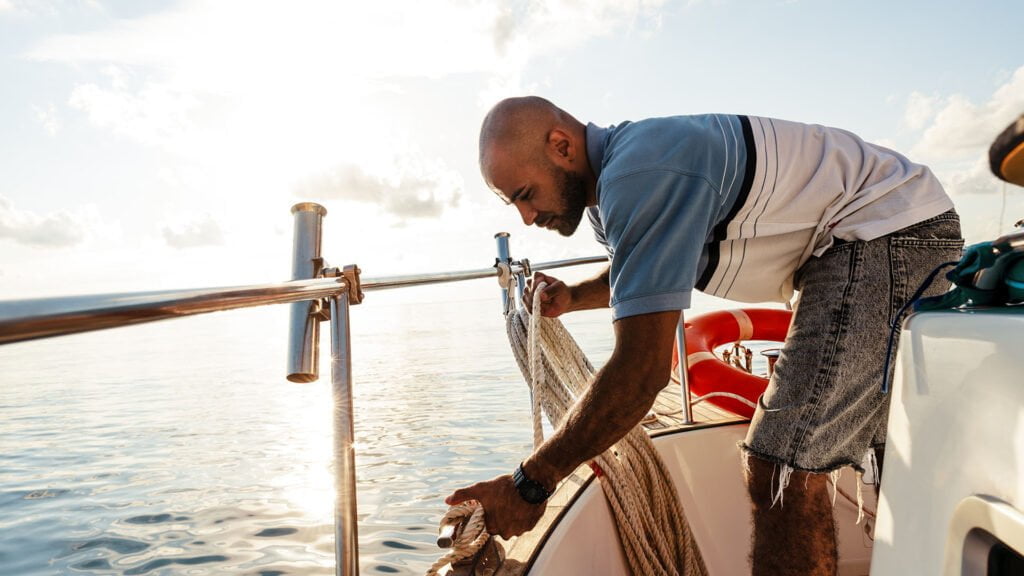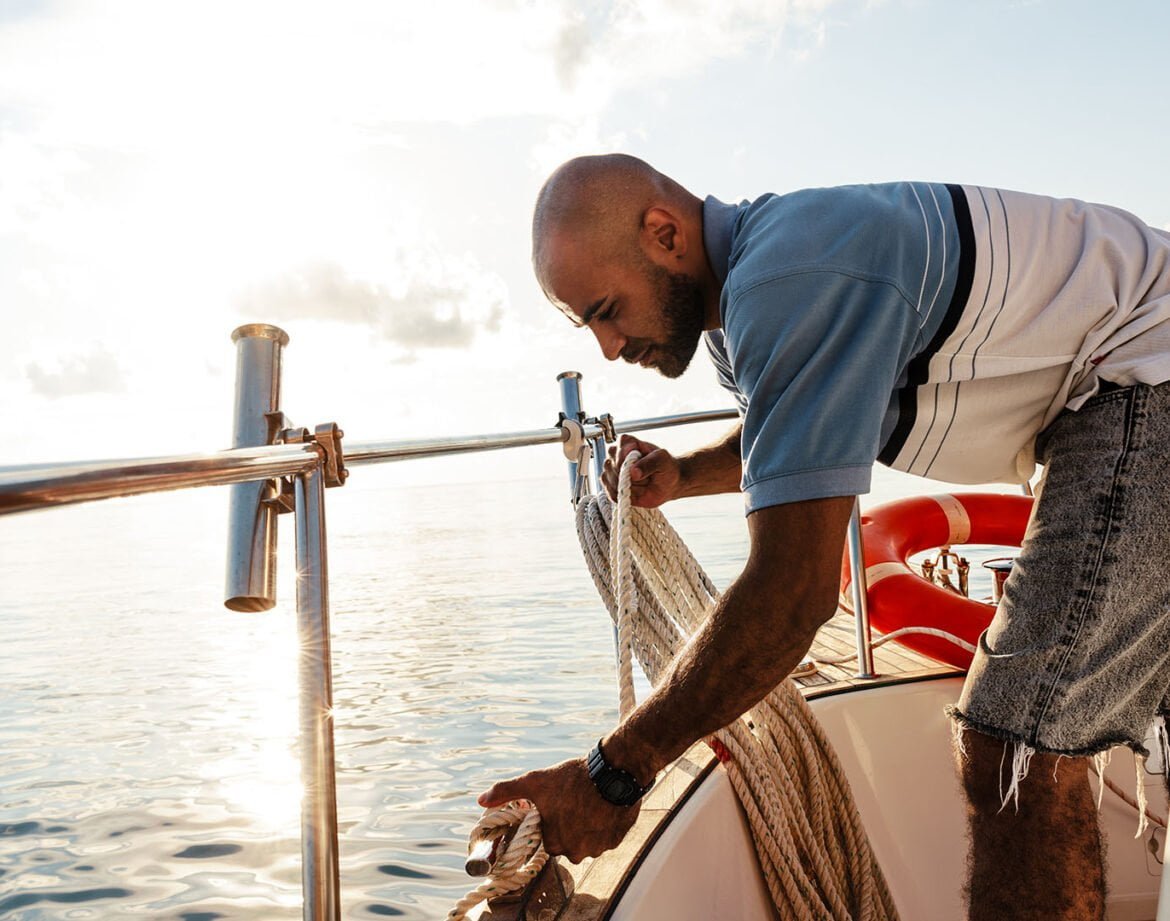Safety at Sea: What You Need to Know Before Setting Sail

Sailing and navigating the open sea offer unforgettable experiences, but safety must be a priority for every sailor. Before heading out to sea, it is crucial to take certain safety measures to ensure a carefree and secure voyage. In this article, we provide key safety tips that every sailor should keep in mind before setting sail.
Check the Weather Forecast
The first step before setting sail is to check the weather forecast. Sea conditions can be highly variable, so it is important to stay informed about current and predicted weather conditions. Pay close attention to winds, storms, and possible changes in the weather that could affect the safety of your voyage.
Safety Equipment
Every vessel should be equipped with essential safety gear, including life jackets, distress flares, fire extinguishers, and a first aid kit. Ensure that all life jackets are in good condition and match the number of passengers on board. Also, check the expiration dates of distress flares and fire extinguishers.
Navigational Equipment
Make sure you have the appropriate navigational equipment, including nautical charts, a compass, and a GPS device. Before setting sail, verify that all devices are functioning correctly and are updated with the latest information. Knowing how to navigate and use these tools is crucial for a safe journey.
Communication Devices
It is important to have reliable communication devices on board, such as a VHF radio and a mobile phone. Ensure that the batteries are charged and that you have sufficient credit or signal for emergencies. Always have contact details for the coast guard and local maritime rescue services readily available.
Route Planning
Before setting sail, carefully plan your route. Research potential hazards along the way, such as shallow waters, reefs, or heavy maritime traffic. Be sure to inform someone onshore about your planned route and estimated return time so they can respond in case of unforeseen situations.
Check Vessel Systems
Regularly check vessel systems, including the engine, electrical system, fuel, and water supply, to ensure safe sailing. Check fuel levels, the condition of the engine, and make sure you have enough drinking water for the entire trip. Regular maintenance of your vessel reduces the risk of breakdowns at sea.
Basic Survival Skills
Every sailor should know basic survival skills at sea, including first aid, fire fighting, and using life jackets. Training and drills under simulated conditions can significantly increase your readiness and confidence in emergency situations.
Compliance with Laws and Regulations
Adhering to maritime laws and regulations is crucial for safety at sea. Familiarize yourself with local maritime laws, traffic regulations, and speed limits. Following these rules not only enhances your safety but also the safety of other sailors and swimmers.
Environmental Awareness
Safety at sea also includes caring for the environment. Avoid dumping waste into the sea, be mindful of marine life, and respect protected areas. Preserving the marine environment is important for future generations and contributes to the sustainability of your voyages.
Preparing to set sail requires careful planning and adherence to these safety measures. By doing so, you ensure that your journey will be safe, enjoyable, and free from unexpected problems. Always remember that safety comes first, so you can fully enjoy the pleasures of sailing and navigating the sea.






